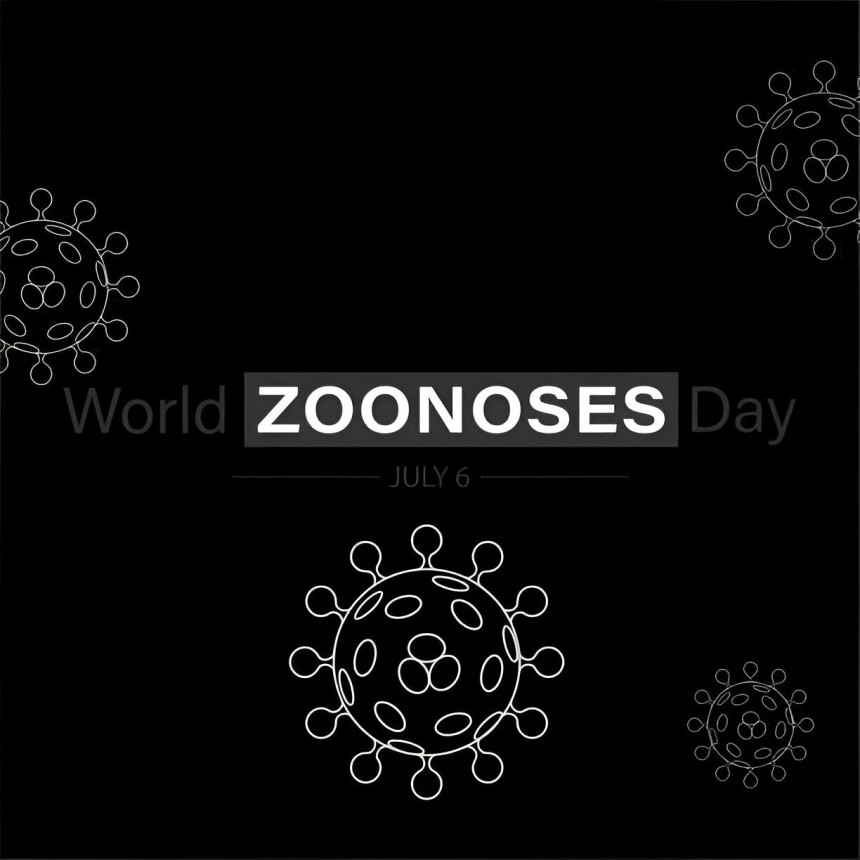
World Zoonoses Day 2024
The daily current news is that the World Zoonosis Day is celebrated every year on 6 July. The purpose of celebrating this day is to make people aware of zoonotic diseases. This day is celebrated as a celebration of the success of the French scientist Louis Pasteur. Pasteur successfully injected the first vaccine against zoonotic diseases on 6 July 1885.
This successful vaccination of Rabies has highlighted a new scientific achievement in the field of medical science. Zoonosis is a serious disease or infection that spreads from wild animals to humans. It can spread through direct contact, food, water or environment to humans. There are more than 200 types of zoonosis.
Zoonotic patients or pathogens can be bacteria, viral or foreign. Some diseases such as HIV start as zoonosis. Some zoonosis, such as rabies, can be cured by vaccination and other methods. For each pathogen, the methods of treatment of zoonotic diseases are different.
One Health approach is especially effective and includes zoonotic control. The purpose of One Health is to identify the relationship between people, animals and their environment and achieve relative health. Thank you.
What Are Zoonotic Diseases?Zoonotic diseases, or zoonoses, are infections that are naturally spread between animals and humans. These diseases can be caused by viruses, bacteria, parasites, and fungi. Some of the most well-known zoonotic diseases include:
- Rabies: A fatal viral disease typically spread through the bite of an infected animal.
- Lyme Disease: A bacterial infection transmitted by ticks.
- Salmonella Infection: Often contracted through contaminated food or contact with infected animals.
- COVID-19: A recent example of a zoonotic disease that has had a profound global impact.
The Best Way To Start Investing - Index Funds Explained
If you want to invest in the stock market but don't know where to start, then these are th...

![[Watch] Riya Barde Bangladeshi Adult Film Actress Viral Full Video](https://www.aikeeda.com/uploads/1727588622.png)
